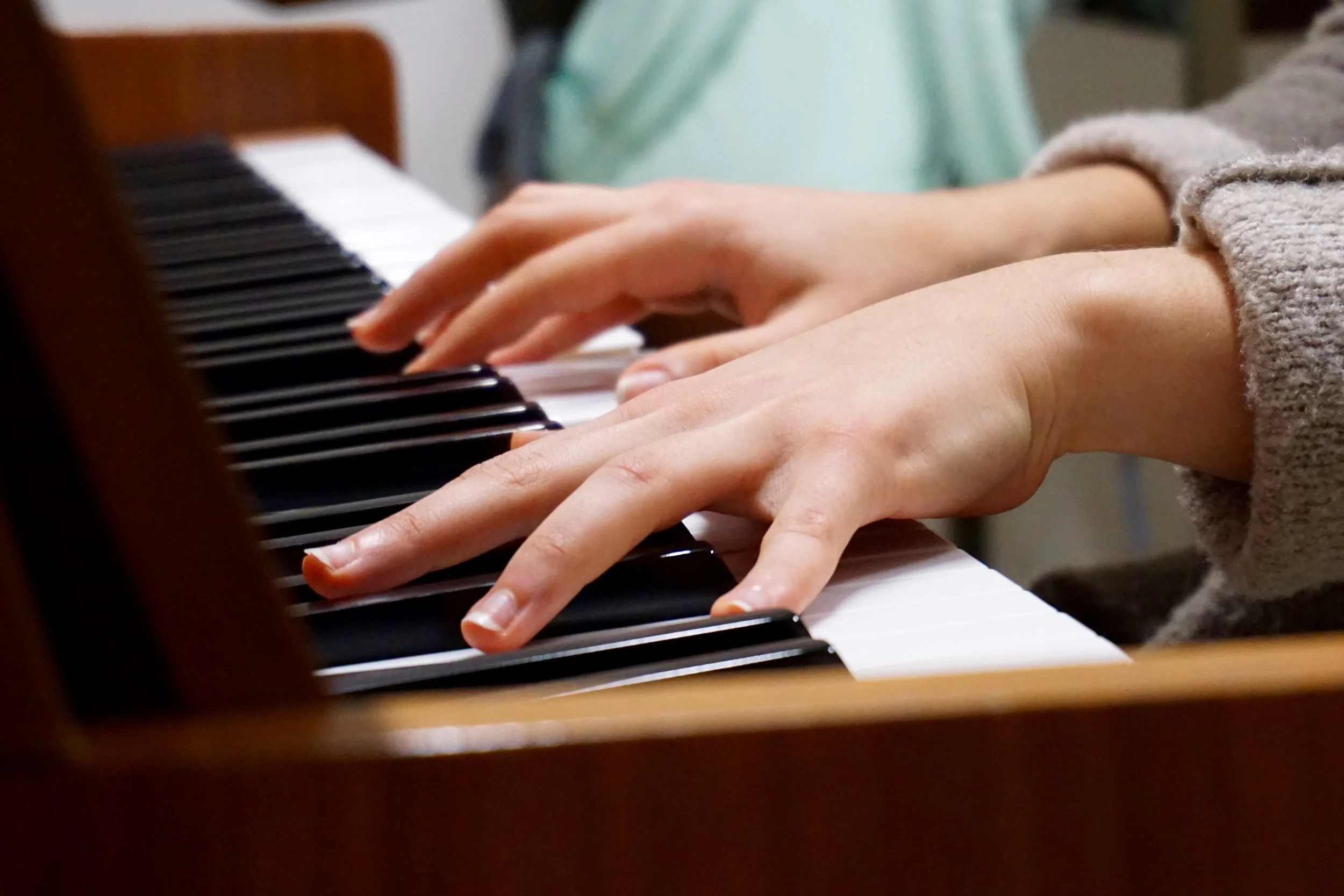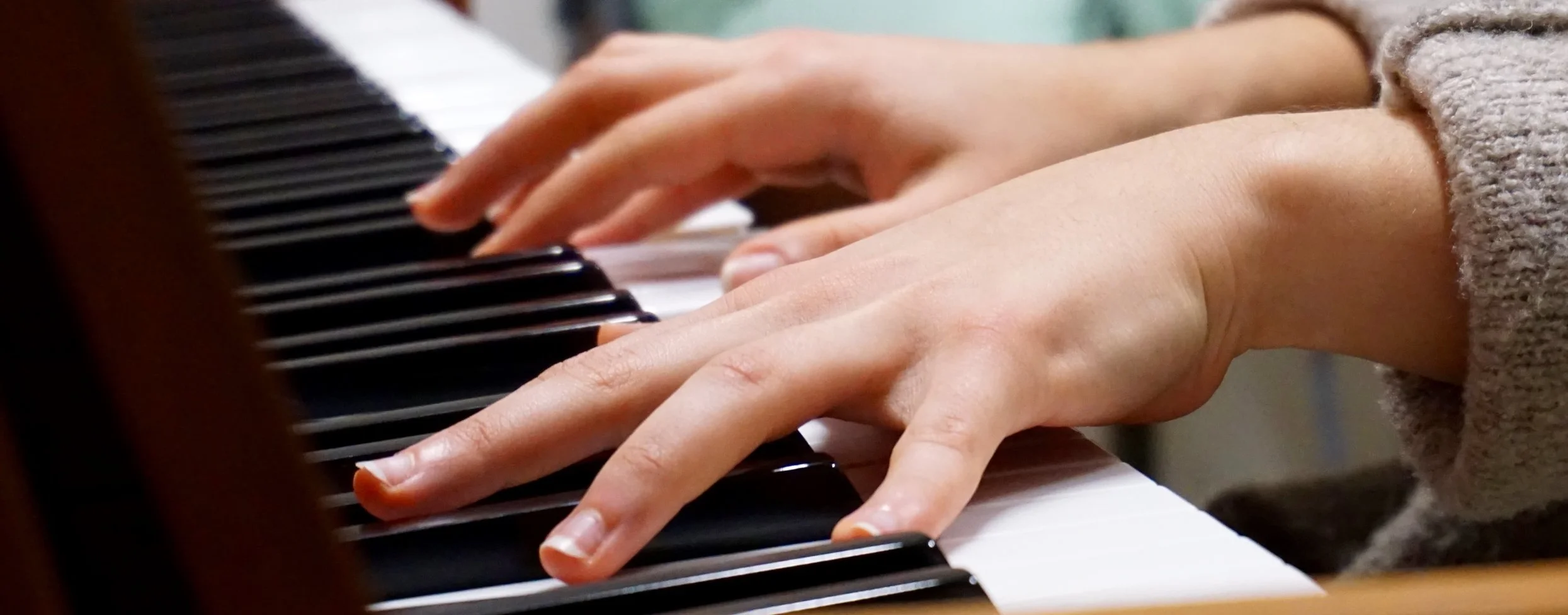Ron Linnebach
Originally Written on July 1st, 2007
Many people study music and never play again for many reasons. The books which have been written over the years, as teaching methods, have many important ingredients missing that truly allow a student to experience the enjoyment of music.
The theory books and theory courses in particular have been filled with a huge amount of terminology to identify concepts. This often causes more time spent on memorizing names than making music and the terminology is ever increasing with the various ways people are analyzing music. Basic names are a necessity for communication between musicians and should be kept to a minimum as to prevent distraction for the ultimate goal which is the playing of music. Since music is about feeling what we hear, this should be our primary focus. The enjoyment comes from the feeling, having sensation exciting the mind. "The Feel" is the most important ingredient and it can't be written down; like "taste," "feel" can be acquired through exposure and also experimentation.
Understanding that we are all students of music is vital to the learning process, and musical growth comes at different levels. The style of music played has little or no bearing on the level of musicianship. You may excel in one style or another but the concepts you have learned are similar. The mastering of concepts determines the musician's capability.
Playing exactly what a composer has written, although it can be very satisfying, has extreme limitations to musical growth. Music is art and art has creativity. There is, of course, nothing new under the sun, but creativity is not about making something new, it's about using tools to make anything. Some tools may come naturally, yet all can be acquired.
The only driving force needed is the will to create. When playing a composition by a particular composer, the student may wish to comprehend what tools are used to construct such a work of art and by doing so, their own musicianship grows. The student may not comprehend all concepts in the more difficult works, but even portions will aid to the creative understanding.
Spontaneous creating is an area that develops the most musical understanding and appreciation of the art. A simple concept when viewed with the idea that we "Just make it up!" is of great value. When criticism and self-criticism is omitted, inhibitions leave and allow this vital area to be explored. It's not just "fooling around." The freedom to experiment develops "The Feel." Without this freedom, studying music often becomes mundane and inspiration to achieve eludes. It is important to begin applying this practice early in the study of music just as you would put a child's drawing from kindergarten on your refrigerator even if it may appear as mere scribble on a page. All these beginning creations lead to improvements in the quality of work and to the collection of tools used to produce a work of art.
The ultimate goal is to enjoy what you are doing and hopefully others will enjoy hearing it too. Making music is a very personal experience and without key ingredients, many have found displeasure furthering their studies.
Ron Linnebach has been teaching for 38 years, including all theoretical subjects: harmony, counterpoint , piano and guitar techniques, as well as improvisation, and composition.


